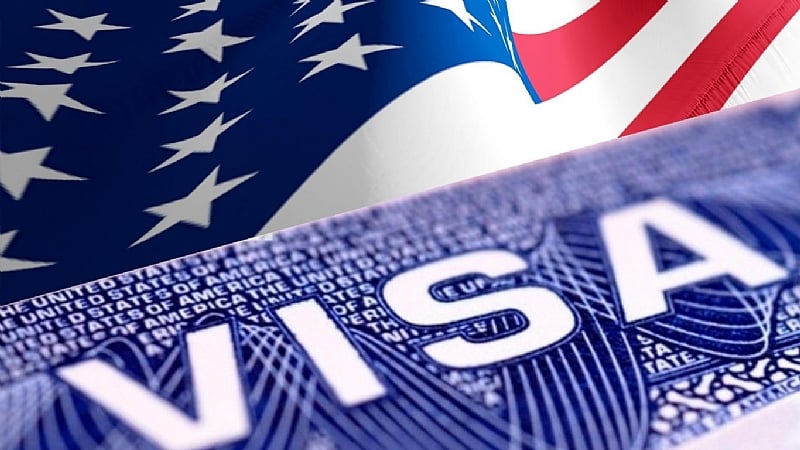Ghanaians seeking entry into the United States must now brace for a dramatic increase in visa costs following the implementation of former President Donald Trump’s new immigration legislation, the One Big Beautiful Bill Act.
The law introduces a controversial $250 Visa Integrity Fee for all non-immigrant visa applicants, significantly raising the financial barrier for travellers.
Under the new policy, the additional $250 charge applies to nearly all non-immigrant visa categories, including those for tourism, study, and short-term work, but excludes individuals entering the US under the visa waiver programme. The integrity fee is non-negotiable and cannot be waived or reduced under any circumstances.
With the existing application cost already hovering around $185, Ghanaians applying for a typical US visa will now pay close to $500—excluding costs for travel arrangements, documentation, and interview appointments. This sharp rise poses a major challenge for students, tourists, and workers who already struggle to finance the complex and expensive visa process.
There is, however, a narrow window for possible reimbursement. According to the new rules, travellers who strictly comply with visa regulations—such as avoiding illegal employment and departing the US within five days after their visa expires—may qualify to reclaim the $250 integrity fee. Those who later acquire lawful permanent residency may also be eligible for a refund.
Still, many questions remain unanswered. Although the law came into effect on July 4, 2025, during the US fiscal year that spans from October 1, 2024, to September 30, 2025, the Department of Homeland Security has yet to outline the exact procedures for payment or reimbursement. A DHS spokesperson acknowledged that the new policy “requires cross-agency coordination before implementation,” but insisted that the legislation provides the resources and authority needed “to restore integrity in our nation’s immigration system.”
In addition to the new integrity fee, the cost of the required Form I-94—used to track the arrival and departure of foreign visitors—has quadrupled from $6 to $24, further compounding the financial burden.
According to official US government data, nearly 11 million non-immigrant visas were issued globally in 2024, with a significant number granted to applicants from Africa, Asia, and Latin America. The new fee regime is expected to hit these regions hardest.
For many in Ghana, the new charges represent yet another hurdle in their pursuit of education, business, and opportunity abroad. Critics have described the law as punitive and exclusionary, warning that it will deter low-income applicants and widen global inequities in travel and access.
While supporters claim the bill aims to enhance immigration compliance and national security, others view it as a strategic move by Trump’s administration to discourage immigration from the Global South under the guise of enforcement and integrity.


